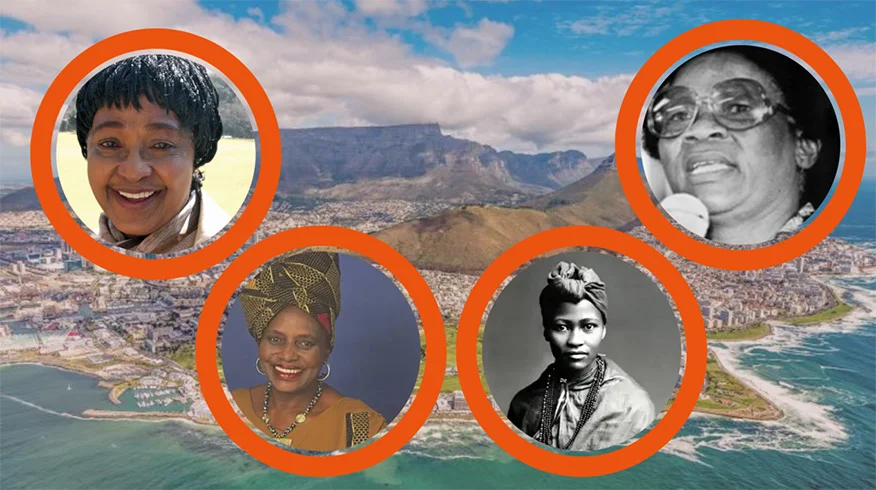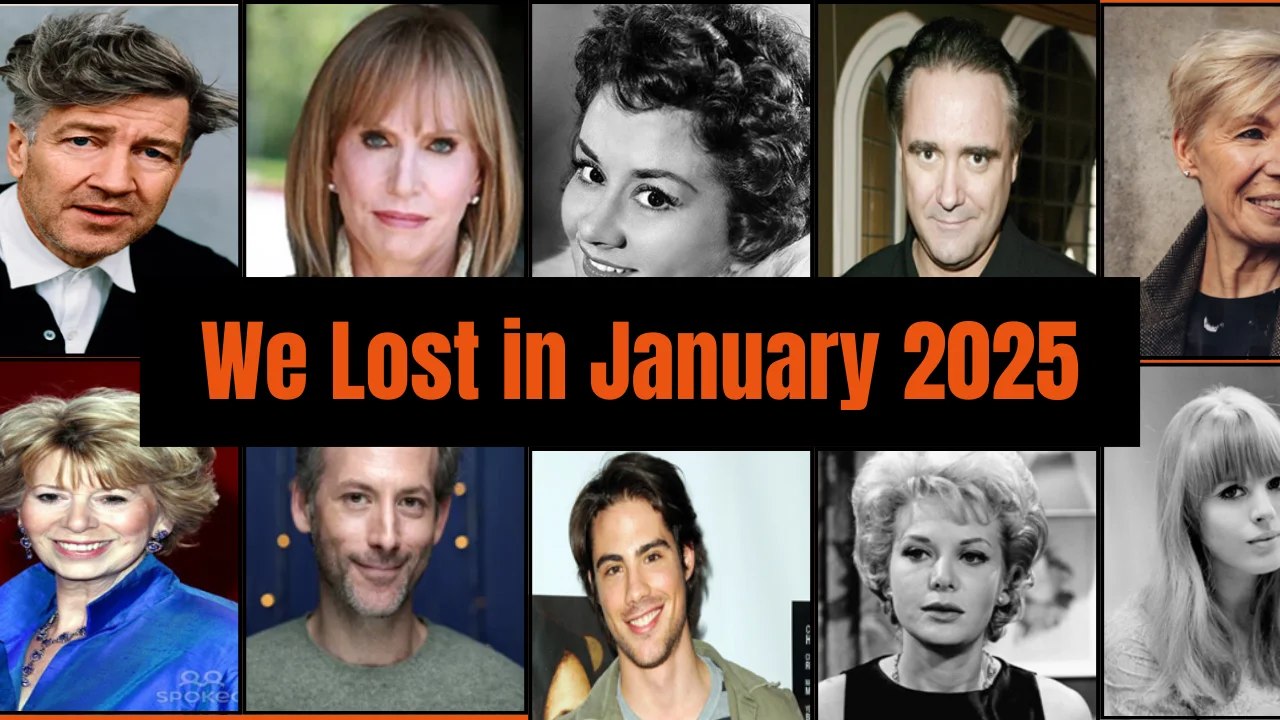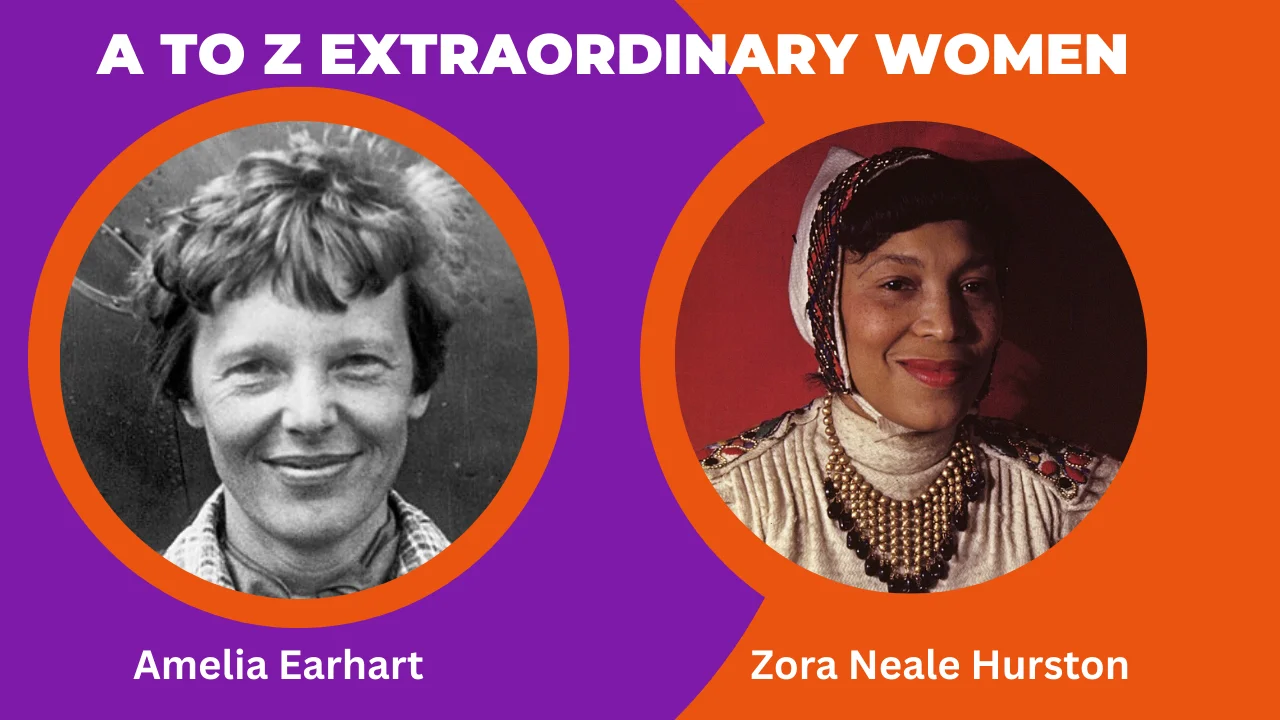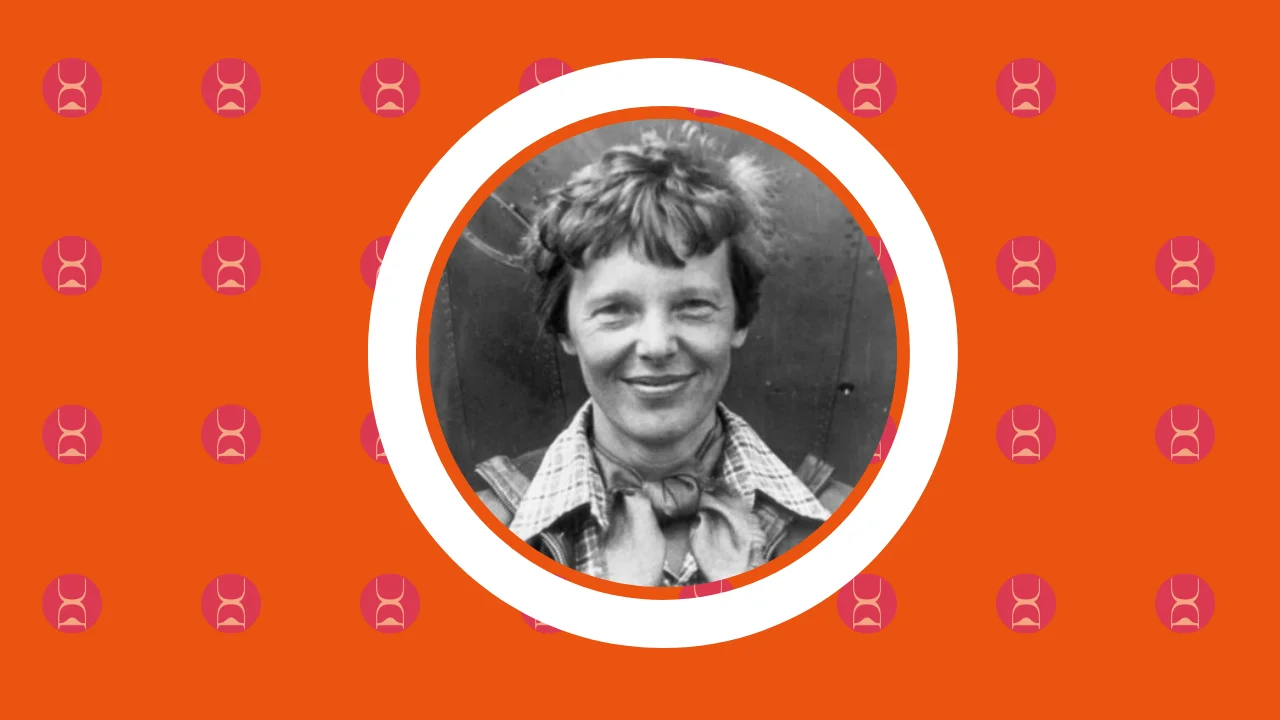Powerful South African Women who changed the world
15 Apr 2025

When you think about South Africa, you might think of its amazing wildlife, Nelson Mandela, or the 2010 Football World Cup. While these facets are undeniably integral to the nation’s identity, what often goes unnoticed are the remarkable women whose bravery, resilience, and dedication have profoundly influenced South Africa’s development, and in turn, the world at large.
This article tells the stories of four remarkable women whose stories epitomize the transformative power of determination, advocacy, and creativity in forging a brighter future. From the unwavering activism of Winnie Mandela to the soul-stirring melodies of Miriam Makeba, the steadfast commitment of Albertina Sisulu, and the pioneering leadership of Charlotte Maxeke, these women have not only reshaped their communities but have also served as inspirational figures for generations worldwide.
Their stories are like guiding lights for anyone who wants to make the world a better place. Keep reading to learn more about their incredible journeys.
Winnie Mandela (1936–2018): An iconic anti-apartheid activist, politician, and humanitarian
Winnie Madikizela-Mandela, epitomized resilience and defiance in the face of South Africa’s oppressive apartheid regime. Born in 1936 in Bizana, she was deeply ingrained with a spirit of resistance from a young age, witnessing the injustices of racial segregation that permeated every aspect of South African society.

Winnie Mandela
Her journey into activism was ignited by the systemic injustices experienced by black South Africans under apartheid. Choosing a career in social work at the age of 19, Winnie confronted the harsh realities of poverty and discrimination within her community, setting the stage for her lifelong commitment to justice.
Before choosing her career in social work, she had the chance to go study more in the USA with a scholarship. But just after getting the offer, she got offered a job as a medical social worker at Baragwanath Hospital in Johannesburg. This made her the first qualified Black person to get that job. She had a tough choice: either go study in the USA or stay in South Africa to follow her dream of being a social worker. After a lot of thinking, she chose to stay in South Africa.
In 1958, when she was 32 years old, Winnie married Nelson Mandela. This marked the beginning of a partnership that would face the challenges of apartheid head-on. Madikizela-Mandela was Nelson Mandela’s second wife. Who was a prominent figure in the fight against apartheid in South Africa? He was an anti-apartheid revolutionary, a political leader, and a philanthropist. Mandela served as the President of the African National Congress (ANC) party from 1991 to 1997. He also became the first democratically elected President of South Africa from 1994 to 1999, following his 27-year imprisonment. Initially, Mandela was imprisoned on Robben Island, and later in Pollsmoor Prison and Victor Verster Prison.
During Mandela’s imprisonment, Winnie took on her husband’s burden in the anti-apartheid movement, organizing protests and providing solace to families torn apart by state violence. However, her activism attracted the ire of the apartheid regime, leading to her detention without trial for 491 days in 1969, where she endured torture and solitary confinement.
“I will not allow the selfless efforts of my husband and his friends to be abandoned. I will continue the struggle for a free and equal South Africa.” – Winnie Mandela
”
Winnie’s advocacy extended beyond politics; she championed the rights of women and children, founding the Mandela United Football Club to support marginalized youth.
Following Mandela’s release in 1990 and his subsequent presidency, Winnie continued her tireless advocacy for the marginalized. However, their marriage faced challenges, leading to separation and eventual divorce in 1996.
Winnie’s legacy was a complex one. She faced allegations of endorsing violent tactics and was convicted of kidnapping. Despite this, she remained a polarizing and influential figure, challenging the narrative of just being “Mandela’s wife” and asserting her role as a central figure in South Africa’s revolution.
“”There is no longer anything I can fear. There is nothing the government has not done to me. There isn’t any pain I haven’t known.” – Winnie Mandela
Winnie Madikizela-Mandela’s life was marked by bravery, mistakes, and unwavering determination. She used her position and voice to effect true change, leaving a lasting impact on South Africa’s struggle for freedom and inspiring generations of activists worldwide.
She passed away in 2018 at age 81, her life serves as a testament to the power of one woman’s determination to change the world for the better.

Read Winnie Mandela: A Life by Anné Mariè du Preez Bezdrob
Book Preview: Few people have courted as much controversy or evoked such strong and divergent emotions as Winnie Madikizela-Mandela. Adored by some, despised by others, she bears a name famous worldwide, yet not many people know the woman behind the headlines, myths, and controversies, or the details of the fascinating story that is her life. This intimate, in-depth, and unbiased biography reveals the enigma that is Winnie Mandela, by exploring both her personal and political life. The reader is given a rare glimpse into Winnie’s strict yet happy rural upbringing, where the foundations were laid for her faith, compassion, and indomitable resolve. As a young social worker in 1950s Johannesburg, her beauty, style, and character captivated the political activist and Tembu prince, Nelson Mandela.
Miriam Makeba (1932–2008): A legendary singer, songwriter, and civil rights activist.
Miriam Makeba, also known as “Mama Africa,” was a luminary whose life journey exemplified talent, resilience, and activism against apartheid and injustice. Born in 1932 in Johannesburg, Makeba’s early years were marked by economic struggle and the loss of her father at age 5.
Makeba’s musical journey began in the vibrant streets of Sophiatown, where she immersed herself in the rich sounds of kwela, marabi, and jazz. Her talent blossomed as she sang with various bands, including the Cuban Brothers and the Manhattan Brothers, earning her recognition in South Africa and beyond. Her breakthrough came with her role in the anti-apartheid film “Come Back, Africa,” which propelled her onto the international stage.

1967_Miriam-Makeba
In 1959, Makeba’s attempt to return to South Africa for her mother’s funeral was thwarted by the apartheid government, marking the beginning of her exile and she was the first-ever musician to be exiled because of apartheid. Settling in the United States, she collaborated with artists like Harry Belafonte, achieving fame with songs like “Pata Pata” and winning a Grammy Award for Best Folk Recording (Miriam Makeba was the first African Woman to be awarded a Grammy award). Makeba’s music transcended borders, bringing African rhythms to audiences worldwide and earning her the nickname “Mama Africa.”
Despite her musical success, Makeba remained deeply committed to the struggle against apartheid, using her platform to advocate for freedom and equality. She testified against the South African government at the United Nations, becoming a prominent voice in the civil rights movement, this act caused her South African citizenship to be taken from her.
“I look at an ant and I see myself: a native South African, endowed by nature with a strength much greater than my size so I might cope with the weight of racism that crushes my spirit.” – Miriam Makeba
In the United States, she married Stocky Carmicheal, a militant African-American civil rights activist and leader of the Black Panthers, making him her third husband at the time. However, due to harassment by the US government, she was forced to relocate to Guinea. After moving to Guinea, Makeba managed to find employment opportunities outside the USA. Throughout the 1970s and 1980s, she embarked on tours across Europe, South America, and Africa. During these tours, Makeba mainly performed in trade union halls, cultural institutions, and other small venues, including jazz festivals such as Montreux in Berlin. It was during this period that Makeba made two addresses to the United Nations General Assembly, representing Guinea, where she spoke out against apartheid. In recognition of her efforts, she was awarded the Dag Hammerskjold Peace Prize from the Diplomatic Academy for Peace in 1986.
At this point, Miriam Makeba has been exiled from two countries she once saw as home (The USA and South Africa), but this didn’t stop her fearlessness.
Throughout her exile, Makeba continued to champion the cause of freedom, performing across Africa and speaking out against apartheid atrocities. She lent her voice to songs like “Soweto Blues,” capturing the anguish of the Soweto uprising. Makeba’s return to South Africa in 1990 marked a triumphant homecoming, where she was welcomed as a hero and appointed a Goodwill Ambassador for the United Nations by former South African President Nelson Mandela.
“It was hard to be away from home, but I am glad that I am home now.” – Miriam Makeba
Makeba faced many personal struggles, including battles with alcoholism and cancer, soon after the death of her only daughter, Bongi. However, she remained dedicated to humanitarian causes, establishing the Miriam Makeba Rehabilitation Centre and supporting campaigns against drug abuse and HIV/AIDS. Her music inspired hope and resilience.
Miriam Makeba’s legacy is a testament to the power of artistry and activism in the face of oppression. Her voice, both melodious and defiant, continues to resonate, reminding us of the enduring fight for justice and the transformative potential of music as a force for change.
She passed away in 2008, but her spirit lives on, inspiring generations to stand up against injustice and oppression through their art, echoing her timeless words: “I kept my culture. I kept the music of my roots.
Through my music, I became this voice and image of Africa and the people without even realizing it.” – Miriam Makeba

Read Makeba by Miriam Makeba & James Hall
Book Preview: The renowned South African singer and political activist recounts her life–a life that encompasses the splendor of international acclaim, bitter personal tragedy, and political intrigue and violence.
Albertina Sisulu (1918–2011): A revered anti-apartheid activist, nurse, and political leader.
Albertina Nontsikelelo Sisulu’s journey began in the rural village of Camama in the Eastern Cape, South Africa in 1918. Growing up amid the oppressive realities of apartheid, she developed a profound sense of empathy and justice. Her path toward activism was paved during her nursing training in Johannesburg, where she witnessed firsthand the discrimination faced by black nurses.
In 1940, while she was a trainee nurse in the ‘non-European’ wing of the then Johannesburg
General Hospital (now Charlotte Maxeke Johannesburg Academic Hospital), she encountered racism directly. At the time it was common for black nurses to experience discrimination. This sparked her political consciousness, which further developed when she met Walter Sisulu in 1941; a young brilliant man who was also a member of the African National Congress (ANC).

albertina-sisulu
In 1944, Albertina Sisulu was the sole woman present at the launch conference of the ANC Youth League. She and her husband tied the knot on July 15, 1944, and were blessed with five children – Max, Mlungisi, Zwelakhe, Lindiwe, and Nonkululeko (Nkuli). Albertina stood firmly beside her husband during significant political events, notably the Defiance Campaign of 1952 and the Congress of the People in 1955.
In 1956, Albertina played a vital role in organizing the historic Women’s March to the Union Buildings in Pretoria, a powerful challenge to the discriminatory pass laws. Despite enduring arrests, imprisonment, and banning orders throughout the 1950s and 1960s, her determination remained unwavering.
Albertina’s activism went beyond political campaigns; she actively opposed the implementation of the inferior Bantu Education system and tirelessly advocated for the rights of women and children.
Her husband, Walter, was convicted of high treason and sabotage but was spared the death penalty. Instead, he served 25 years in custody on Robben Island alongside Nelson Mandela, whom he had introduced to the ANC. During Walter’s imprisonment, Albertina single-handedly raised their five children.
In 1958, Mama Sisulu was among the many women arrested in Johannesburg for protesting against newly passed laws. She endured six challenging weeks in jail, unable to breastfeed her 10-month-old baby, Nkuli. Defended by Nelson Mandela, the women were ultimately acquitted of charges for refusing to carry passes.
In 1983, she was arrested and held in solitary confinement. She faced charges of advancing the goals of the ANC at the funeral of ANC activist Rose Mbele and was subsequently sentenced to four years in prison. During her imprisonment in 1983, Sisulu was elected as co-president of the United Democratic Front, a significant coalition of anti-apartheid and civic organizations aligned with the ANC.
In 1990, following the unbanning of the ANC, Sisulu played a pivotal role in re-establishing the ANC Women’s League. She was elected as the deputy president of the ANC Women’s League at that time.
For over five decades, Sisulu dedicated herself to The Albertina Sisulu Foundation, which strives to enhance the lives of both young children and the elderly. Her commitment to the anti-apartheid struggle and her social work were recognized when she was elected president of the World Peace Council, based in Basel, Switzerland, serving from 1993 to 1996.
During her tenure, she facilitated the recruitment of nurses to Tanzania, aiming to fill the void left by British nurses after Tanzanian independence. The South African nurses had to be discreetly transported out of South Africa into Botswana, from where they flew to Tanzania.
On June 2, 2011, Albertina Sisulu peacefully passed away at her home in Linden, Johannesburg. She was survived by her five children, adopted niece and nephew, 26 grandchildren, and three great-grandchildren.
Her life epitomized the spirit of resilience and hope, inspiring generations to continue the fight for a more just and equitable society. President Jacob Zuma paid tribute to Sisulu in the wake of her death saying “Mama Sisulu has, over the decades, been a pillar of strength not only for the Sisulu family but also the entire liberation movement, as she reared, counseled, nursed and educated most of the leaders and founders of the democratic SA.”

Read Walter and Albertina Sisulu: In Our Lifetime Paperback by Elinor Sisulu
Book Preview: Walter Sisulu and Albertina Thethiwe were born in small rural villages just a few miles apart in the Eastern Cape hinterland. From these humble beginnings, they would become two of South Africa’s most respected and beloved figures, among its greatest crusaders for human rights and dignity. For over five decades, the pair – married in 1944 – were at the forefront of the struggle against apartheid and the injustices it wrought on black South Africans. Their story is a moving love story against all odds and this joint biography charts their life together: the challenges and hardships they faced, the good times they shared, and the massive changes to South African society they helped to bring about.
Charlotte Maxeke (1874–1939): A pioneering activist, educator, and women’s rights advocate.
Charlotte Makgomo Maxeke, a pioneer in the fight for equality and justice in South Africa, was born on April 7th, 1874 in Fort Beaufort, Eastern Cape. Her early years were marked by a strong commitment to education, nurtured by her parents who were Christians and preachers. Despite the limitations imposed by colonial rule, she excelled academically and is known as the first black South African woman to earn a Bachelor of Science degree from Wilberforce University in Ohio in 1901.
At the time of the discovery of diamonds, Charlotte’s family moved to Kimberly. Upon her arrival in Kimberley in 1885, Charlotte began teaching indigenous languages to expatriates and basic English to black African work foremen, derogatorily referred to as “boss boys” at the time. In 1891, Charlotte and her sister Katie joined the African Jubilee Choir. Charlotte’s exceptional talent caught the attention of Mr. K. V. Bam, a local choirmaster organizing an African choir tour of Europe. After Charlotte’s successful solo performance in Kimberley Town Hall, she was immediately chosen to join the choir tour of Europe, which had been taken over by a European organizer from Bam.

Charlotte Maxeke
The choir embarked on their European tour in early 1896, performing to enthusiastic audiences in major cities. They even had the honor of performing at Queen Victoria’s 1897 Jubilee at London’s Royal Albert Hall, gaining significant recognition. However, according to the African Feminist Forum, Charlotte and her sister felt uncomfortable as they were treated as novelties.
After concluding their European tour, the choir continued their journey to North America. Unfortunately, during their tour of the United States, they were abandoned by their escort in Cleveland. Bishop Daniel A. Payne of the African Methodist Church (AME) in Ohio stepped in to assist the troupe, organizing support from churchgoers to ensure their continued stay in America. They were then offered a church scholarship to Wilberforce University, the AME Church University in Xenia, Ohio. Charlotte accepted the offer and studied under the guidance of W.E.B Du Bois, a prominent Pan-Africanist.
In 1903, Charlotte graduated from Wilberforce University with a B.Sc degree, where she became the first black South African woman to earn a degree.
Returning to South Africa, Maxeke dedicated herself to empowering her community. In 1902, she co-founded the Wilberforce Institute in Evaton, providing education and vocational training to black South Africans at a time when such opportunities were scarce. Her activism extended beyond education; she was a fierce advocate for women’s rights and social justice.
In 1913, Maxeke organized the historic Bantu Women’s League (later known as the ANC Women’s League) conference in Bloemfontein, where she delivered a powerful speech advocating for the end of discriminatory pass laws and the recognition of women’s rights. She continued to champion women’s empowerment. Maxeke’s political activities also included attending the launch of the South African Native National Congress (SANNC) in 1912 and organizing protests against passing laws.
This work is not ours. Kill that spirit of ’self’ and do not live above your people. If you can rise, bring some with you. Circulate your work and distribute as much information as possible, because this is not your Council, but the Council of African women from here to Egypt. Do away with fearful jealousy, kill that spirit, and love one another as brothers and sisters. Stand by your motto: Do unto others as ye would that they should unto you.”- Charlotte Maxeke
Numerous organizations in South Africa are named after Maxeke. One notable example is the Charlotte Maxeke Johannesburg Academic Hospital, previously known as the Johannesburg General Hospital, situated in the Parktown suburb. Additionally, there is an ANC nursery school bearing Charlotte Maxeke’s name.
In 2015, during an event dedicated to International Women’s Day at Kliptown’s Walter Sisulu Square, the Gauteng Infrastructure Development MEC announced plans to transform Maxeke’s home into a museum and interpretation center.
Charlotte Maxeke’s life serves as a reminder of the power of resilience, determination, and courage in the face of adversity. Maxeke was often honored as the ‘Mother of Black Freedom in South Africa’- a true testament to her legacy.
She passed away in 1939, at age 65, and her legacy lives on, guiding the fight for a more just and equitable society.
In 2021, the South African government declared 2021 as the year of Charlotte Maxeke, 150 years after her demise.

Read Beauty of the Heart: The Life and Times of Charlotte Mannya Maxeke by Zubeida Jaffer
Book Preview: Beauty of the Heart offers something new and different from what we already know about Charlotte Maxeke. It brings fresh data to light on her life and weaves this information into a compelling life story that is neither gushing in its praise nor stingy in its acknowledgment of this remarkable leader. It also publishes never-before-seen photographs, which allow one to sense and know the subject in ways not evident in previous photographs. Most of all this book reminds us that even in those dark and difficult days of the late 19th and early 20th century, there was the possibility of hope when moral leaders stood up amidst the desperation of those times and laid the foundation for a new country which would patiently come many decades later.



